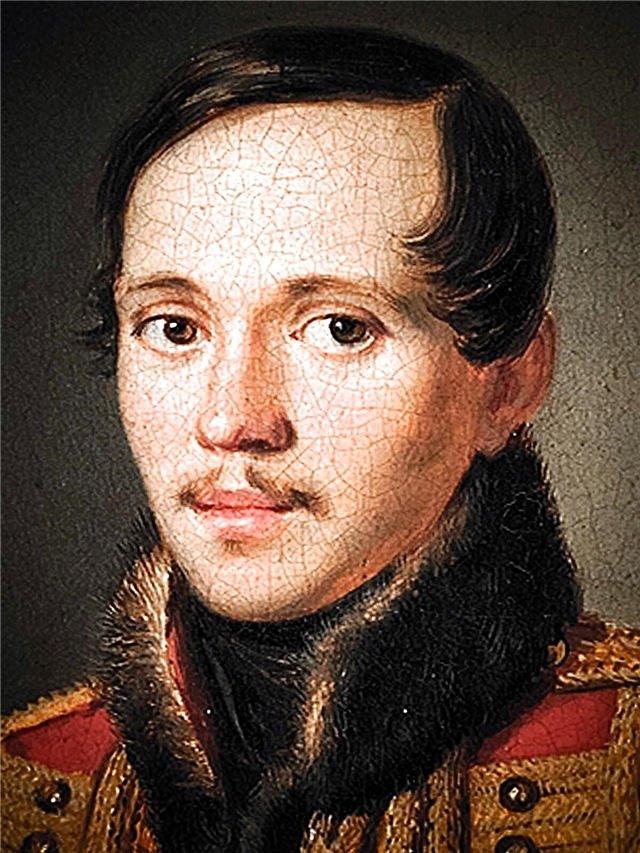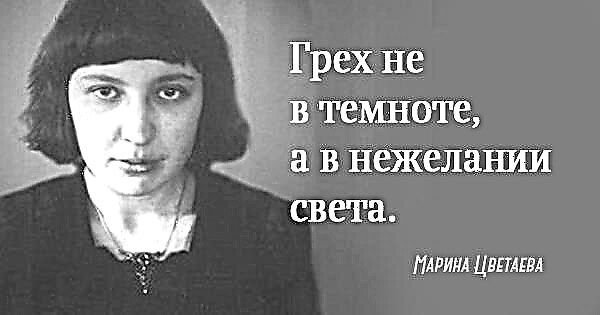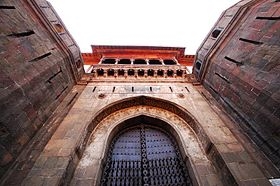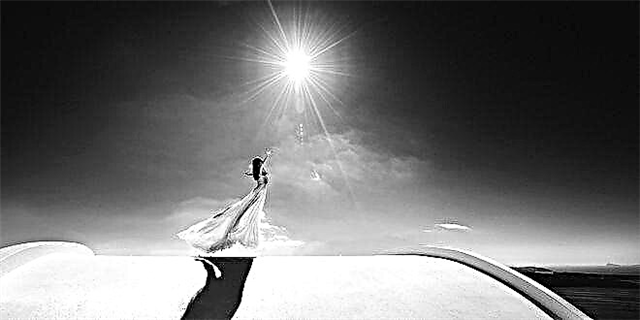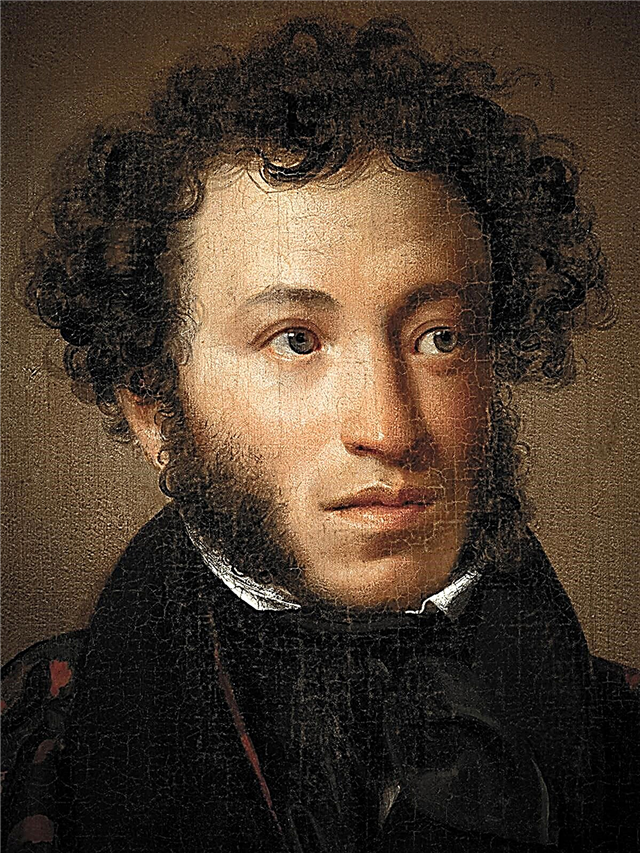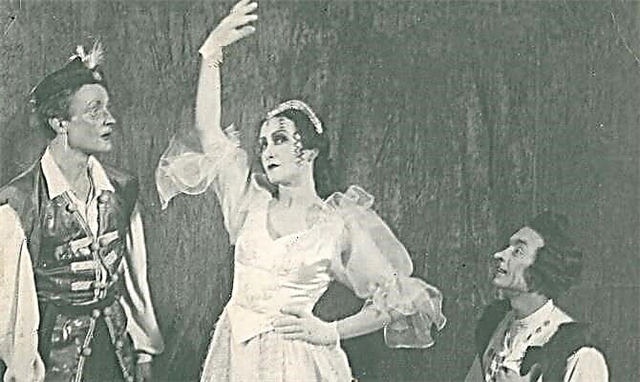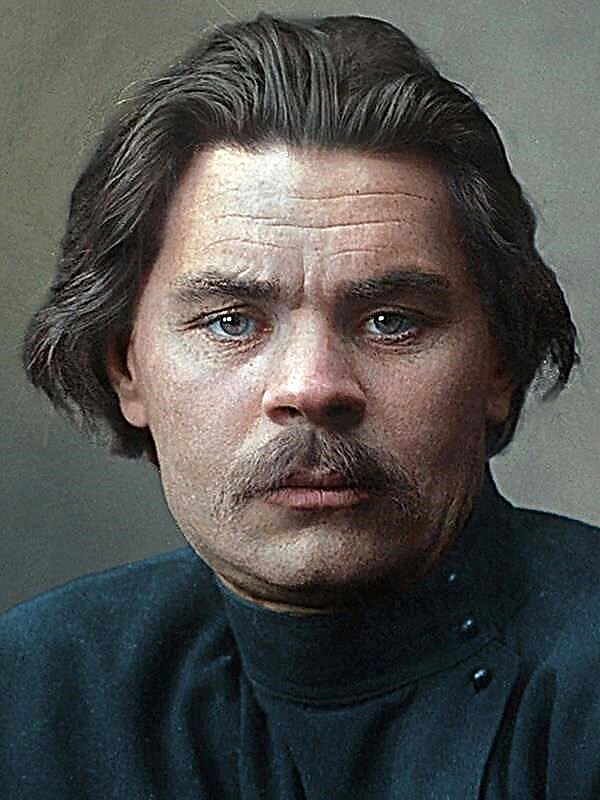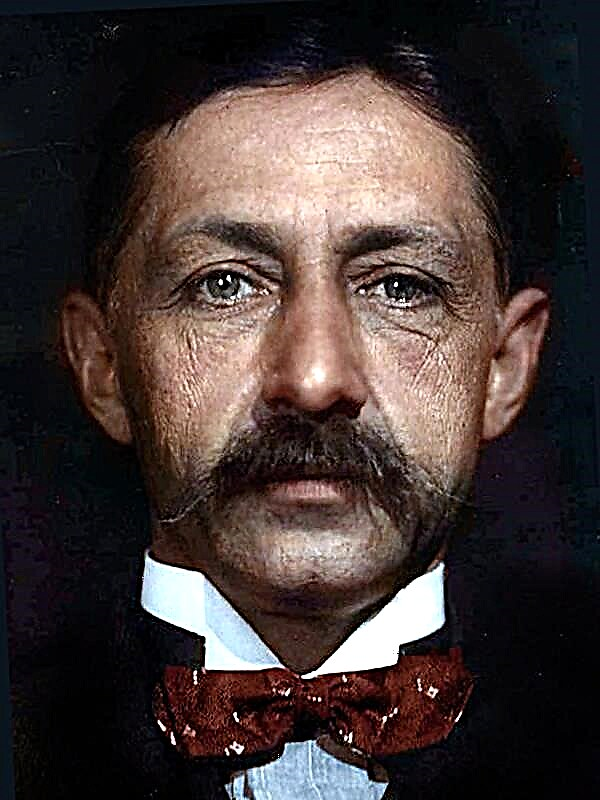For I.A. Bunin, a feeling of love is always secret, great, unknowable and not subject to the mind of man. In his stories, whatever love may be: strong, real, mutual, it never reaches matrimony. He stops her at the highest point of pleasure and immortalizes in prose.
History of creation
From 1937 to 1945 Ivan Bunin writes an intriguing work, later it will be included in the collection “Dark Alleys”. While writing the book, the author emigrated to France. Thanks to the work on the story, the writer was to some extent distracted from the black streak passing in his life.
Bunin said that “Clean Monday” is the best work that he wrote:
I thank God that he gave me the opportunity to write "Clean Monday."
Genre, direction
“Clean Monday” is written in the direction of realism. But before Bunin, love wasn’t written like that. The writer finds those only words that do not vulgarize feelings, and each time rediscover familiar emotions to everyone.
The work “Clean Monday” is a short story, a small everyday work, somewhat similar to the story. The difference can only be found in the plot and compositional construction. Genre short story, unlike the story, is characterized by the presence of a certain turn of events. In this book, such a turn is a change in the heroine's outlook on life and a sharp change in her lifestyle.
The meaning of the name
Ivan Bunin clearly draws a parallel with the title of the work, making the main character a girl who rushes between opposites, and still does not know what she needs in life. It has been changing for the better since Monday, and not just the first day of the new week, but a religious celebration, that turning point, which is marked by the church itself, where the heroine is sent to clear herself of the luxury, idleness and fuss of her former life.
Clean Monday is the first holiday of Great Lent on the calendar and leads to forgiveness Sunday. The author extends the thread of the crucial life of the heroine: from various funs and unnecessary fun, to the adoption of religion, and leaving for the monastery.
Essence
The story is conducted in the first person. The main events are as follows: every evening the storyteller visits a girl living opposite the Cathedral of Christ the Savior, to whom she has strong feelings. He is immensely talkative, she is very silent. There was no closeness between them, and this keeps him at a loss, and some expectation.
For some time they continue to go to the theaters, spend evenings together. Forgiveness Sunday draws near, and they go to the Novodevichy Convent. Along the way, the heroine talks about how yesterday she was at the schismatic cemetery, and with admiration describes the rite of burial of the archbishop. The narrator did not notice in her an early certain religiosity, and therefore listened attentively, with burning eyes in love. The heroine notes this, and is amazed at how much he loves her.
In the evening they go to the skit, after which the narrator escorts her home. The girl asks to let the coachmen, which she had not done before, and rise to her. It was only their evening.
In the morning, the heroine says that she is leaving for Tver, in the monastery - she does not need to wait or seek.
The hero takes to the taverns, and only two years later comes to his senses. It was a forgiveness Sunday. He comes to the Martha-Mariinsky monastery, where at that time there was a procession in which he saw his beloved woman. Their eyes crossed. But the hero turned and calmly left the gate. The plot is disclosed in more detail in our summary.
The main characters and their characteristics
The image of the main character can be seen from several angles of the narrator: a young man in love evaluates the chosen one as a participant in events, he also sees her in the role of a man who only remembers the past. His views on life after falling in love, after passion, change. Toward the end of the short story, the reader now sees his maturity and depth of thoughts, and at first the hero was blinded by his passion and beyond her did not see the character of his beloved, did not feel her soul. This is the reason for his loss and the despair into which he plunged after the disappearance of the lady of the heart.
In the work you can not find the name of the girl. For the storyteller, it’s just that one - unique. The heroine is an ambiguous nature. She has an education, refinement, mind, but at the same time is estranged from the world. She is attracted to an unattainable ideal, to which she can strive only within the walls of the monastery. But at the same time, she fell in love with a man and cannot just leave him. The contrast of feelings leads to an internal conflict, which we can briefly trace in its intense silence, in its desire for quiet and secluded corners, for meditation and loneliness. The girl still can not understand what she needs. She is seduced by a posh life, but at the same time, she resists her and tries to find something else that will illuminate her path with meaning. And in this honest choice, in this fidelity to itself lies great power, there is great happiness that Bunin described with such pleasure.
Themes and Issues
- The main theme is love.. It is she who gives a person meaning in life. For the girl, the divine revelation became a guiding star, she found herself, but her chosen one, having lost the woman of her dreams, went astray.
- The problem of misunderstanding. The whole essence of the tragedy of the heroes is to misunderstand each other. The girl, feeling love for the narrator, does not see anything good in it - for her this is a problem, not a way out of a confused situation. She does not seek herself in the family, but in service and spiritual calling. But he sincerely does not see this and is trying to impose on her his vision of the future - the creation of marriage ties.
- Theme of choice also present in the novel. Each person has a choice, and everyone decides how to act correctly. The main character chose her path - leaving for the monastery. The hero continued to love her, and could not accept her choice, because of this he could not find inner harmony, find himself.
- Also, I. Bunin is traced the theme of human destiny in life. The main character does not know what she wants, but she feels her calling. It is very difficult for her to understand herself, and because of this, the narrator also cannot fully understand her. However, she goes to the call of her soul, vaguely guessing the destination - the designation of higher powers. And that’s very good for both of them. If a woman made a mistake and got married, she would have always remained unhappy and blamed the one who led her astray. A man would suffer from unrequited happiness.
- The problem of happiness. The hero sees him in love with the lady, but the lady moves in a different coordinate system. She will find harmony only in private with God.
The main idea
The writer writes about true love, which ultimately ends in a break. Heroes themselves make such decisions, they have complete freedom of choice. And the meaning of their actions is the idea of the whole book. Each of us must choose exactly that love, which we can meekly worship all our life. A person must be true to himself and that passion that lives in his heart. The heroine found the strength in herself to go to the end and, despite all doubts and temptations, come to her cherished goal.
The main idea of the novel is an ardent call for honest self-determination. No need to be afraid that someone will not understand or condemn your decision, if you are sure that this is your calling. In addition, a person should be able to resist those obstacles and temptations that prevent him from hearing his own voice. The fate depends on whether we are able to hear it, and our own fate, and the position of those to whom we are dear.

